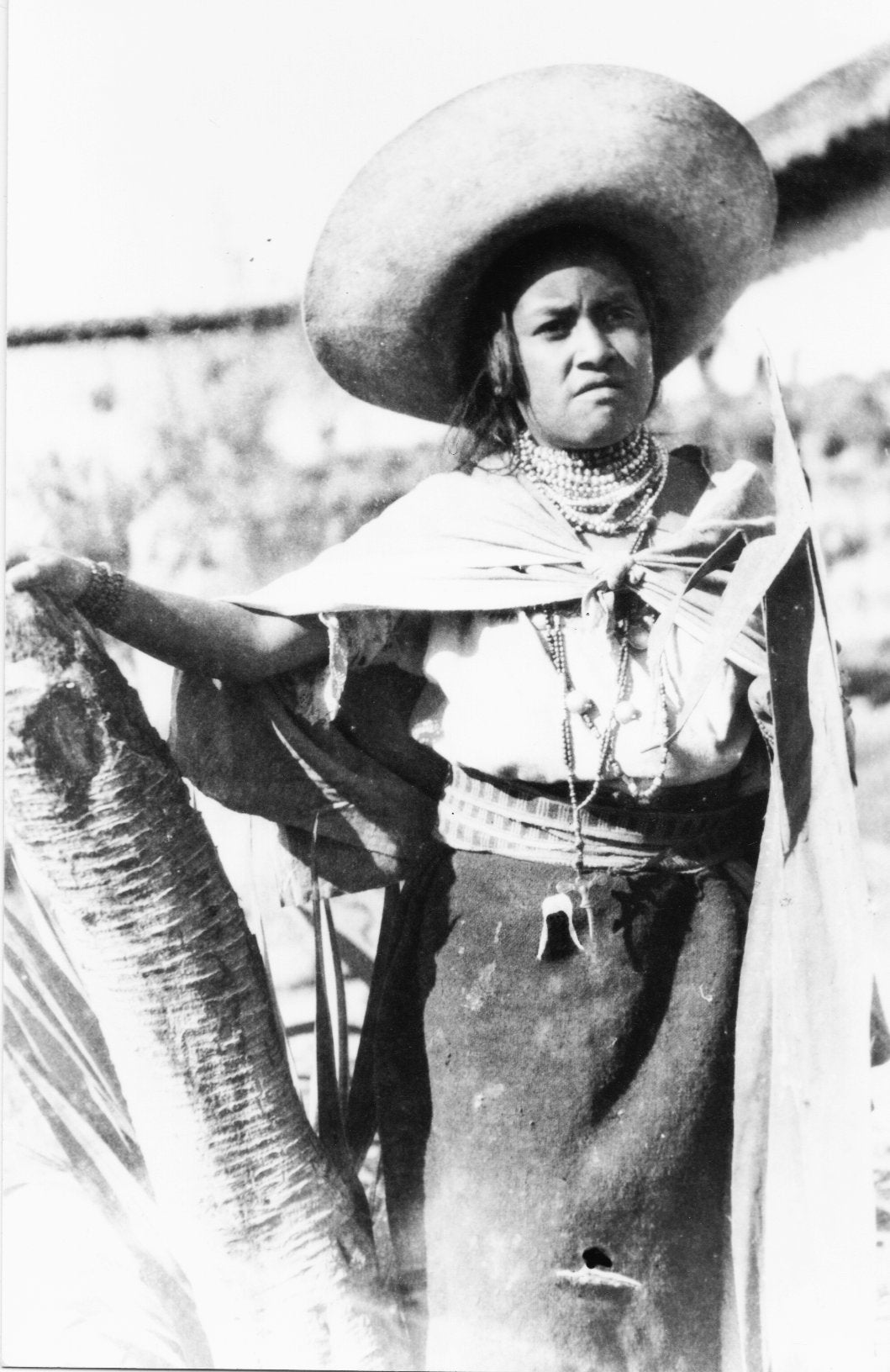ABOUT US?
ETHNIK was born after many years of traveling through Latin America, discovering a wide variety of high-quality handcrafted products that are unknown to most.
Our goal is to give visibility to master artisans and promote sustainable trade by offering exceptional design and quality products

KICHWA ART
In the heights of Ecuador, at more than 2,500 meters, is the main nucleus of the Mindalae culture , the Kichwa Otavalo people. Its origins date back to 500 BC and it has always been characterized by its great strengths in the export of artisanal textiles .
VALUES
-

ARTISAN
We value the production of small indigenous communities, maintaining the designs of the ancestors of the Kichwa people
-

SUSTAINABILITY
Each blanket tells a unique story, skillfully made by expert hands and environmentally friendly materials.
-

GLOBALIZATION OF ART
We bring quality artisan products to your homes that cannot be found in department stores.

ORIGINS
PRE-INCA
The Otavalo people have Mesoamerican origins. It is estimated that between 300 and 700 years BC, a movement occurred from Central America to the south, reaching the north of what is now Ecuador. From this same origin, numerous communities and cultures appear, among which is the Kichwa Otavalo people, known for their Mindalae culture and their great abilities for the making and marketing of textiles.

CULTURE
MINDALAE
The word Mindalae refers to "an elite group of specialists" in the art of local, regional and international exchange and commerce.
Around 1582, the Mindalae, skilled artisans and textile producers, were recognized as merchants of far-reaching importance to the colonial economy, which earned them distinctive treatment from the Spanish crown, which is why they were free from mitas and monetary tributes. despite these practices of domination being widespread for the indigenous population. The production of fabrics, cashmere, baizes, Otavaleña scarves in the colonial period reached great magnitude.

ECONOMY
ARTISAN PRODUCTION
Its origins date back to immemorial times and prior to the Inca expansion to the northern part of Ecuador, native peoples who, thanks to the fertility of their soils, instead of like the peoples of southern desert areas (Peru and Bolivia) invested time and resources for the development of infrastructure related to the irrigation system, the Otavalo Kichwa people invested their time in the development of knowledge, their musical and poetic creativity, their dance, theater, the art of weaving, commerce, music, among others.



